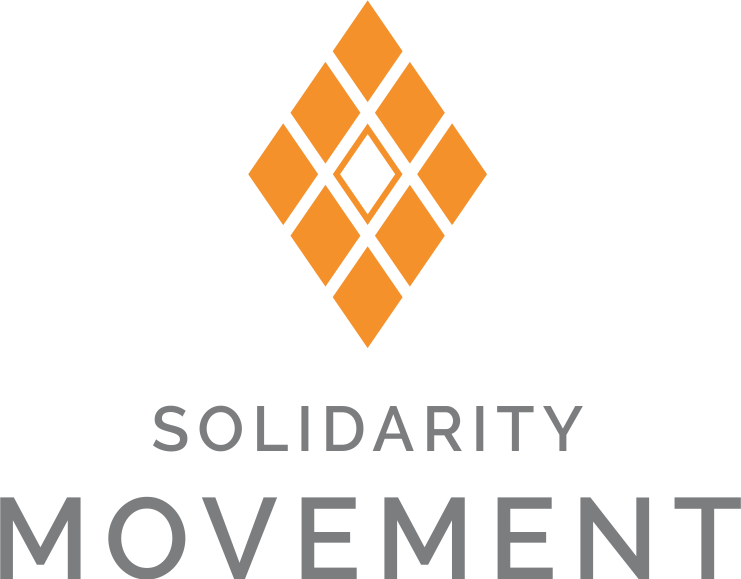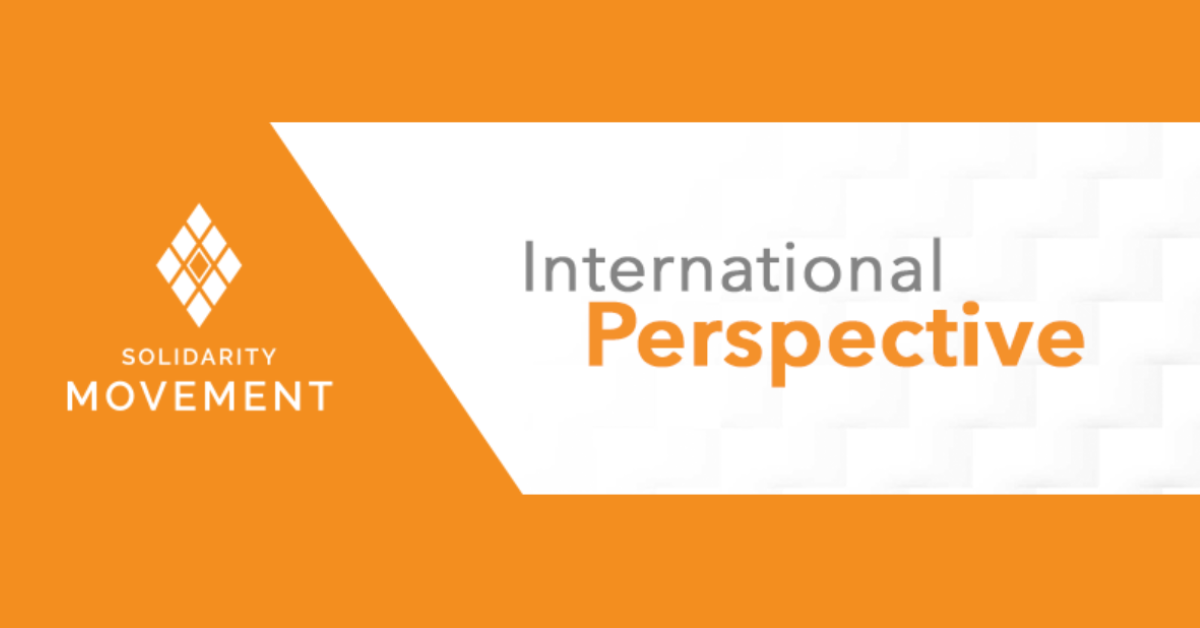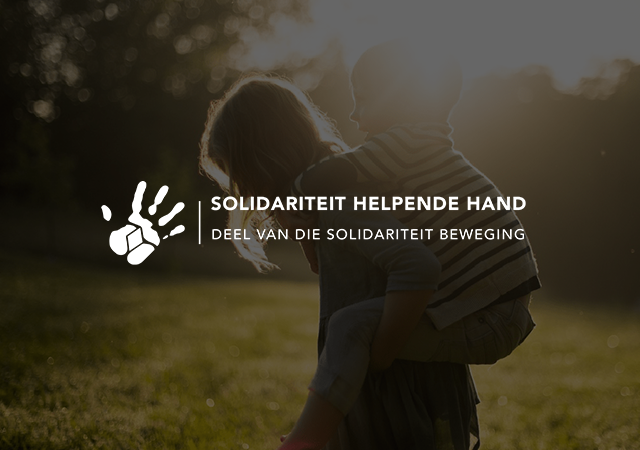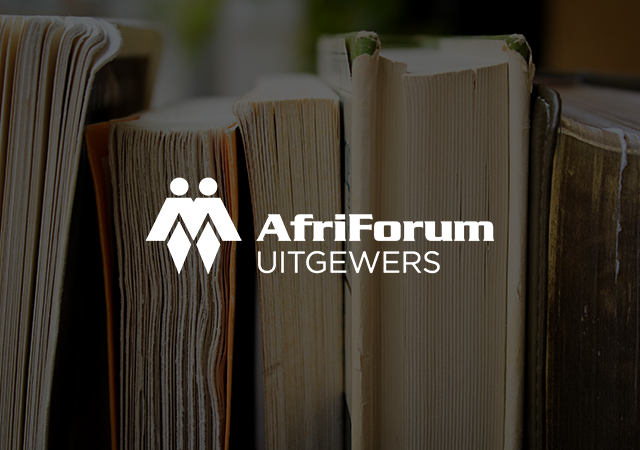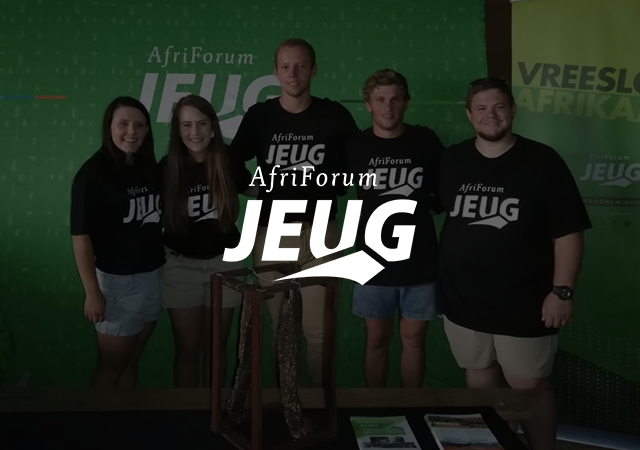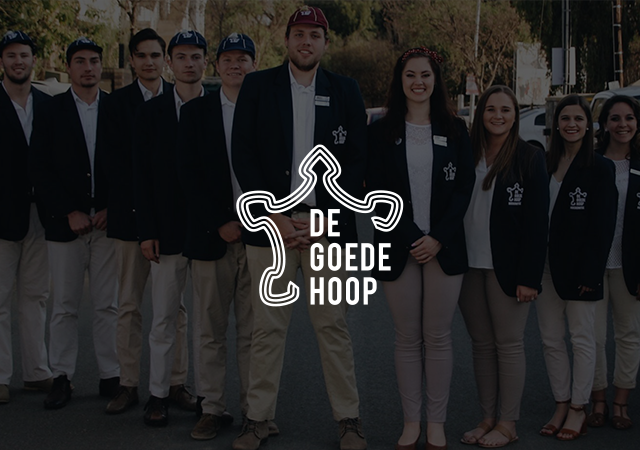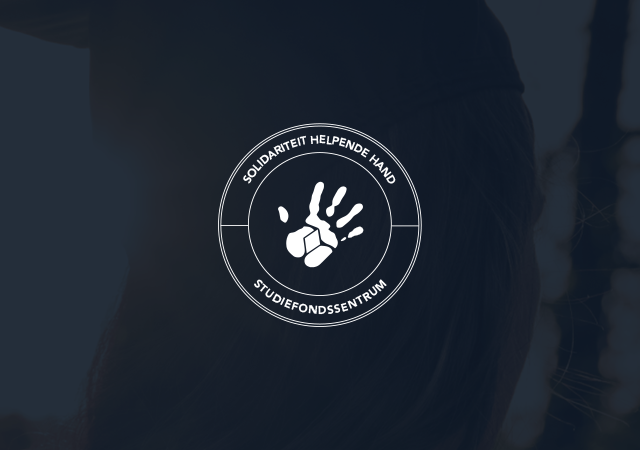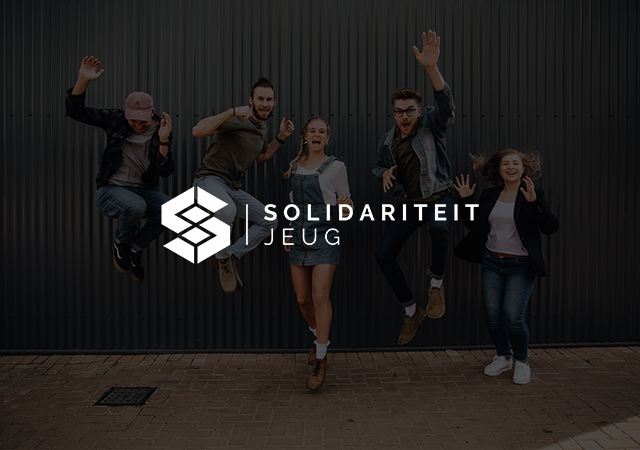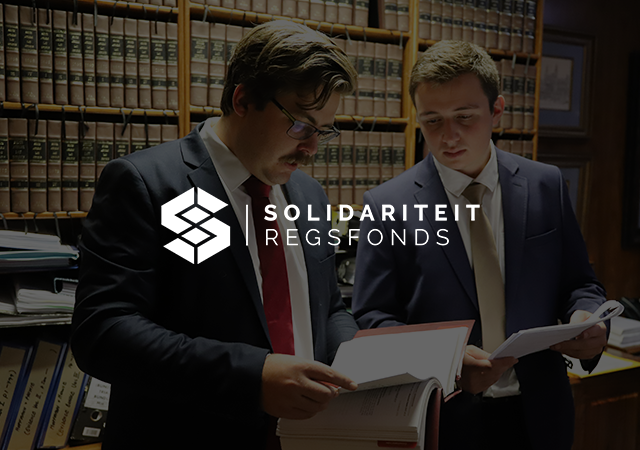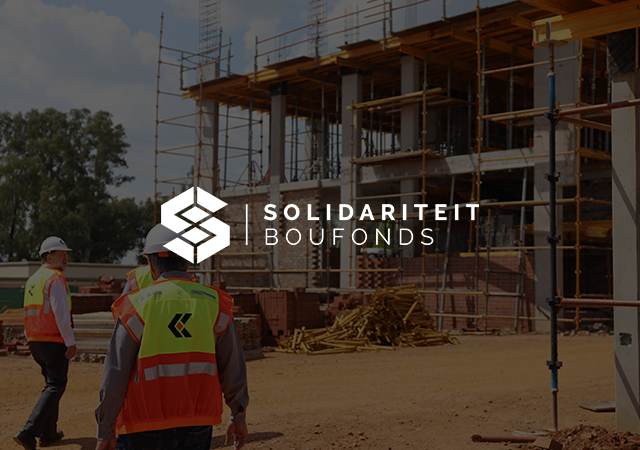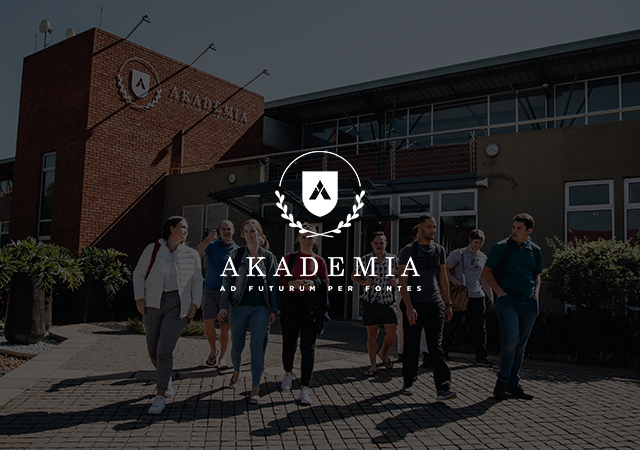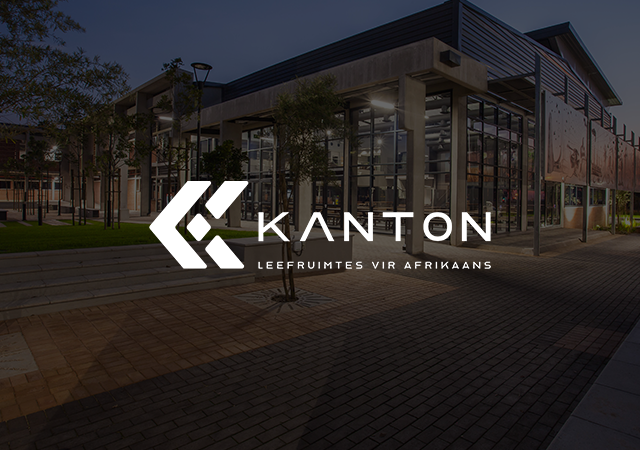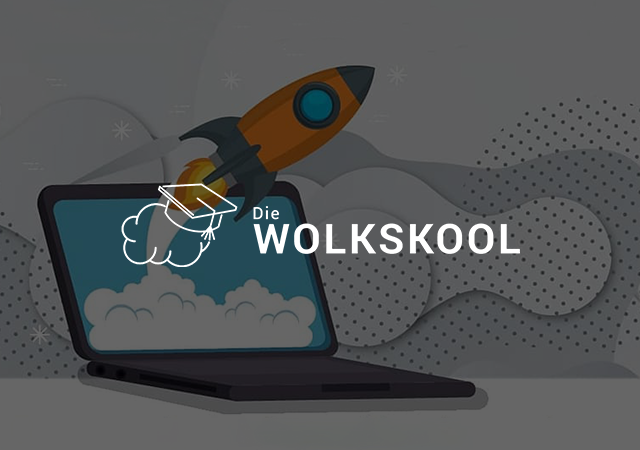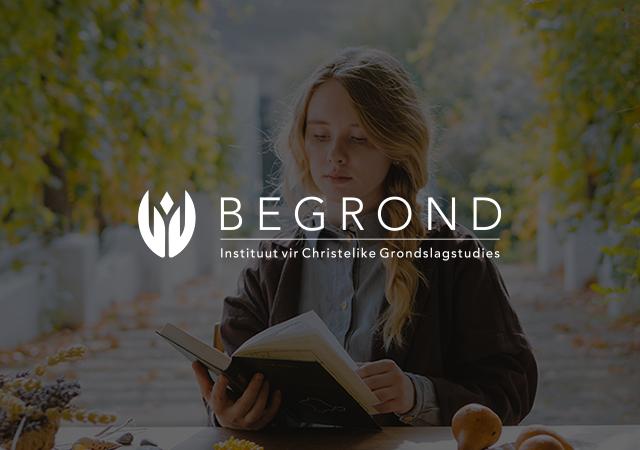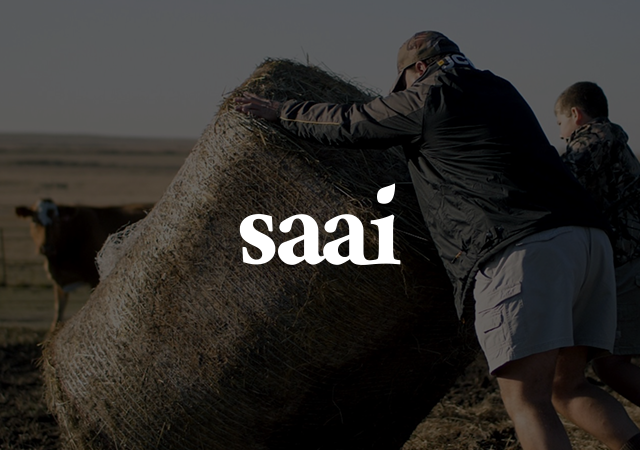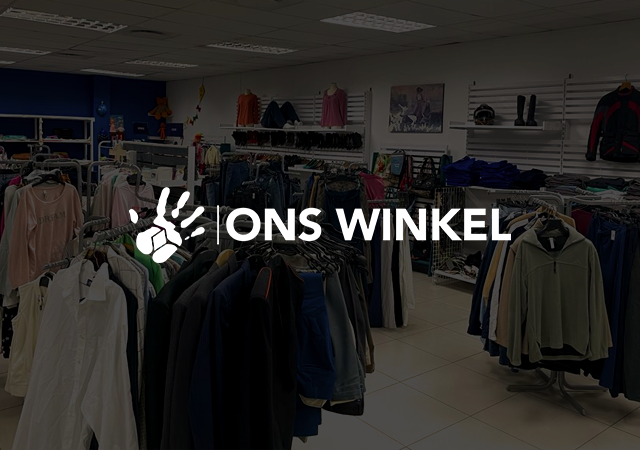International Perspective 3: From GNU to G20: What to keep an eye on in South Africa in 2025
Dear friends, acquaintances and interested parties abroad
In this third edition of our international newsletter we discuss the huge diplomatic mistakes the South African government made in 2024, the opportunities contained in a government of national unity, and what it all holds for 2025.
Kind regards
Jaco Kleynhans
Head: International Liaison
Solidarity Movement, South Africa
From GNU to G20: What to keep an eye on in South Africa in 2025
Introduction: After a year of contrasts, major uncertainty still exists regarding South Africa’s future
A year ago, few people would probably have predicted that in 2024, South Africa would have a broad coalition government, also known as a Government of National Unity (GNU), for the first time since the 1990s. The GNU was a direct result of the ANC’s extremely poor performance in the national elections on 29 May. This party’s support fell from 57,5% in 2019 to 40,2% in 2024. This decline was driven by a sharp drop in participation by traditional ANC supporters and the rise of former president Jacob Zuma’s uMkhonto weSizwe (MK) party, which enjoyed massive support among Zulu voters in KwaZulu-Natal as well as in parts of Mpumalanga and Gauteng.
The ANC leadership had to choose between moving towards the political centre by working with more moderate parties, or forming a coalition government with its archenemies, the MK and the Economic Freedom Fighters (EFF), both extreme left-wing splinter groups of the ANC. The latter option was unthinkable for the Ramaphosa camp in the ANC, partly because of faction fights within the ANC and the incompatibility of the Ramaphosa and Zuma camps, and partly because of the negative implications that a hard-left coalition government could have for South Africa’s economy and international standing.
The result was a government of national unity, or perhaps rather a broad coalition government consisting of ten parties, namely (in order of size in parliament) the ANC, the Democratic Alliance (DA), the Inkatha Freedom Party (IFP), the Patriotic Alliance (PA), the Freedom Front Plus (FF+), the United Democratic Movement (UDM), Rise Mzansi, Al Jama-ah, the Pan Africanist Congress (PAC) and Good.
After more than six months of a GNU, it is clear that the GNU has given new hope to many South Africans, while also contributing to a slight improvement in South Africa’s international standing. The consensus is that the GNU should be given a fair chance. However, in recent months it also became clear that the ANC, especially in some areas such as economic policy, social policy and foreign affairs, has been unwilling to make concessions within the GNU. The party’s dominant role in these but also other areas, even those with ministers from other parties serving in the cabinet (such as Education and Agriculture), is an ever-growing challenge that could ultimately derail the GNU.
South Africans will likely go to the polls in a local election no later than September 2026. The influence of the GNU, tensions within the ANC, the role of MK (especially in diverting ANC support, but also how Zuma plays into faction fights within the ANC) and a series of challenges such as weak economic growth, unemployment, persistently high crime levels, civil disobedience, voter apathy and poor municipal service delivery, and even the total decay in towns across the country (with the exception of the Western Cape) create huge uncertainty in the run-up to the 2026 elections. All of this will play into important political decisions in 2025 as the ANC will try to prevent further losses in support in 2026.
At the end of 2024, South Africa is still a country facing huge challenges and even increasing crises. Hope for a GNU that must begin to show real results, or South Africa’s position as, for example, the chair of the G20 Summit in 2025, is for most South Africans not enough reason to approach the new year with optimism. Real results in combating corruption, improving fiscal discipline, achieving economic growth, creating jobs, combating crime, improving infrastructure and improving basic service delivery are urgently needed. In all these areas, the government has largely failed at national, provincial and local level in 2024, again with the exception of the Western Cape and a few other towns and cities in other provinces.
Pressure points that will determine South Africa’s direction in 2025
-
Economy
The South African economy shrank by 0,3% in the third quarter of 2024, despite most economists expecting slight growth. South Africa’s exports fell by 3,7% during the same period. Therefore, it appears that 2024 has once again been a year of almost no economic growth for the country, while the population and unemployment continue to rise. For South Africa to get its fiscal house in order, high economic growth would be essential.
South Africa’s budget deficit also increased by more than expected in 2024. Finance Minister Enoch Godongwana recently announced that the budget deficit had risen to 5% of national output, while the expectation in February was still 4,5%. South Africa’s public debt, and the cost of financing it, continues to rise, while the economy is barely growing, with the growth forecast for 2025 expected to be 1,7% at best.
There are many reasons for the poor economic growth of the past decade or so. The most significant are certainly huge infrastructure problems and in particular electricity supply problems (which have largely been resolved), transport problems (rail transport and ports remain in chaos while the country’s road network continues to deteriorate), corruption, low business confidence (due to overregulation, populist political statements, policy uncertainty and weak political leadership), a massive loss of foreign investment, crime, poor education leading to skills shortages and skills mismatches, and growing concerns over instability in Southern Africa.
According to the Reserve Bank, South Africa’s positive net international investment position (IIP) has declined from a revised R2 424 billion at the end of March 2024 to R2 052 billion at the end of June 2024. In recent years there has been a massive withdrawal by investors, but also by large overseas companies, from the South African economy. During 2024, Shell, HSBC, BNP Paribas, Rolex, AngloGold Ashanti, TotalEnergies and BP all announced that they would withdraw from South Africa or that they had already begun to withdraw.
The consequences are persistently high unemployment (the official rate currently stands at 32,1%, with unemployment exceeding 40% if a broader definition is applied that includes discouraged job seekers). The consequences of persistently high unemployment are growing poverty, pressure on the welfare state (almost 28 million South Africans, close to 50% of the population, receive social grants every month) and increasing social unrest. The situation is becoming increasingly volatile with enormous political risks. The ANC’s loss of support during 2024 was a direct result of this poor economic performance. If the GNU cannot achieve better economic growth, it could lead to further growth in support for extreme left-wing populist parties such as the EFF and MK.
In 2025, it will be essential for the government to bring its spending under control without raising taxes. Threats of possible tax increases are contributing to a continued outflow of expertise from the country. South Africa currently has only 7,4 million individuals who pay income tax, and the burden on this small group of taxpayers is already too high. The budget speech in February 2025 will be crucial.
The ANC recently announced that it intends to proceed with plans to amend the South African Constitution to allow for expropriation of property without compensation. This would be a huge setback for property rights in South Africa and would have even more adverse consequences for the economy. The government’s plans to proceed with the introduction of an unaffordable National Health Insurance scheme also do not bode well. Apart from the economic consequences, these issues will also lead to more tension within the GNU.
-
The workings of the GNU
The Government of National Unity is still in its infancy, even though most stakeholders realise the urgency for clear results. The challenges for the GNU are primarily the ANC’s position that, as the largest party in the GNU, it can still dominate the determination of government policy. Therefore, the way the ANC implements policies that most other parties in the GNU disagree with is creating increasing tension. This could lead to a major crisis in 2025 and may even bring an end to the GNU.
One example is the way in which the Basic Education Laws Amendment Act (the BELA Act) – a reform of the education system that will lead to greater centralisation of education and, in particular, a huge loss of mother tongue education – was implemented. The National Health Insurance Act (NHI), expropriation without compensation and other controversial policies clearly aimed at appeasing the ANC’s left-wing factions, who are too closely aligned to parties such as MK and the EFF, could pose the greatest threats to the GNU in 2025.
Already there are clear signs of improved service delivery, a more focused effort to combat corruption, and improved systems, infrastructure and management capacity in several government departments, especially those with ministers from the DA, IFP, PA and FF+. However, if the ANC continues to adjust fiscal policy, foreign policy and social policy without any concessions to the other parties in the GNU in an attempt to prevent further loss of support from the left wing of the party, this could lead to the end of the GNU, which could result in a massive crisis for South Africa.
A large majority of South Africans were and still are convinced that the GNU was the best option on the table after the general election. However, the success of the GNU has been extremely limited so far, and ongoing disputes are creating increasing risks to its sustainability.
It is essential that all parties in the GNU, including the ANC, present it as the best option for all of South Africa. Voter confidence in the GNU is crucial in countering populist resistance, which is also stoking division within the GNU. However, it is also necessary that the ANC should not view the GNU merely as a short-term project during which the party’s majority position must be restored. The way in which various left-wing policies have been forcefully pushed through in recent months indicates that ideology and party unity are too often more important to Ramaphosa and the ANC’s national leadership than the success of the GNU. This urgently needs to change.
-
Divisions within the ANC and Ramaphosa leadership
The ANC has been losing support for a decade. The bulk of this loss of support is simply due to voters not going to vote. In 2014, more than 73% of registered voters voted. This dropped to 66% in 2019 and to 58% in 2024. If one takes into account that many young people who become eligible to vote simply do not register to vote, the total participation rate of eligible voters is as low as 40%.
In many ways the ANC is following a similar path to other so-called liberation movements in Africa, such as Swapo in Namibia, Zanu-PF in Zimbabwe and Frelimo in Mozambique. In all of these cases, political power has often been accompanied by growing corruption, cadre deployment, ideological clamour and ultimately a growing rift with voters.
For the ANC, there should be only one solution to its problems and that is the establishment of a better, cleaner government that delivers services, develops infrastructure, deals effectively with the crime situation and promotes economic growth.
Seven years after Cyril Ramaphosa became president of the ANC, he is still failing to effectively control the party. Even after Zuma formed his new party, the MK Party, and took a portion of the ANC’s Zulu wing with him, the party remains deeply divided with various factions constantly undermining each other. However, in the run-up to the party’s next National Conference in December 2027, where a new president will also be elected, it seems increasingly likely that the faction fighting will intensify.
Ramaphosa’s inability to leverage his political capital and consolidate his support within the party is unfortunately also playing out within the government with constant indecision or concessions to the party’s more left-wing factions, often resulting in poor policy.
Ramaphosa is convinced that the GNU, and the levels of trust that voters continue to place in it, coupled with his international standing, especially now as chair of the 2025 G20 Summit, will carry him through the next year or so. However, at a time when the ANC needs a firm leader with the ability to admonish political bullies within the party, such as Gauteng Premier Panyaza Lesufi, Ramaphosa is not displaying the necessary strength of character. The consequence will probably be a deepening of divisions in the run-up to the 2026 municipal elections.
-
Global power struggle, Trump’s America, G20 Summit and foreign relations
It is often clear that President Ramaphosa enjoys being active on the international stage more than he does dealing with enormous domestic challenges. When he attends international summits and meetings and can meet with world leaders, he is clearly more comfortable than when he has to help steer a complex government in a complex country with vast challenges in a better direction.
Since 1994, South Africa’s foreign policy has been strongly based on non-alignment. During the Mandela and Mbeki years, efforts were made to achieve exactly that. On 26 March 1998, Bill Clinton was not only the first US president to visit South Africa; he was also the first US president to address the South African parliament. In his speech, he particularly referred to “America’s profound and pragmatic stake in South Africa’s success”. In his speech, Clinton emphasised the USA’s economic and strategic need to work with South Africa.
Directly arising from Clinton’s 1998 visit to Africa, the African Growth and Opportunity Act (AGOA) was drafted in the US Congress and passed by Republicans and Democrats in May 2000, shortly before Clinton’s departure from the White House. Many of the Congressmen were present in the South African parliament when Clinton delivered his speech on 26 March 1998.
After AGOA, huge efforts and billions of US dollars were also invested in Africa in the fight against HIV, in peacekeeping operations and in countering terrorism in the Sahel region and in East Africa.
However, the goodwill between the US and South Africa in the first 15 years after 1994 gave way to increasing American scepticism, weak South African foreign policy, growing influence in South African politics from China, Russia and Iran, and ultimately a complete loss of trust in South Africa over the next 15 years.
Several events of the past three years are well known, as is the fact that South Africa’s words of non-alignment and deeds of friendship with Russia, China, Iran, Cuba and Venezuela, to name just a few problematic friendships, have led to challenges in the country’s relationship with the West.
AGOA is due to be renewed or replaced in 2025. Will South Africa still be able to benefit from this by January 2026? Will foreign investors’ confidence in South Africa be restored, which could lead to renewed investment in South Africa’s economy? Will South Africa take advantage of the opportunities that hosting the G20 Summit presents for the country?
The last state visit by a US president to South Africa was Barack Obama’s visit in 2013. Twelve years later, Donald Trump is expected to attend the G20 Summit in Johannesburg in November 2025. This holds huge risks and opportunities. Will Ramaphosa be able to manage the risks and seize the opportunities?
In recent years, South Africa has too often found itself caught in the global power struggle between parties from the developed West and parties from the developing Global South. The ANC’s ideological bias has been evident in its refusal to condemn Russia’s war of aggression in Ukraine, by conducting a joint naval exercise with China and Russia off South Africa’s east coast, by accusing Israel of genocide against the Palestinians at the International Court of Justice and by constantly courting countries like Iran. These kinds of missteps simply cannot be repeated in 2025.
South Africa remains in an excellent position to take a truly non-aligned position. The country’s geographical distance from conflict areas in the global power struggle and its status as a democracy and the most industrialised and best developed country in Africa, still hold a wealth of opportunities.
Unfortunately, for the past six months South Africa’s foreign policy has been controlled exclusively by the ANC, with no concessions to other parties in the GNU. The ANC views the conduct of foreign policy as its sole prerogative. This likely means that the words and actions of Ramaphosa and the new Minister of Foreign Affairs, Ronald Lamola, on non-alignment will continue to leave too much room for interpretation.
Conclusions
After a disastrous 15 years of almost no economic growth, a loss of social cohesion in a diverse and complex country, widespread corruption, the decay of infrastructure and service delivery, a loss of global influence and credibility, some of the highest crime rates in the world and a country heading towards an abyss of government failure and anarchy, 2024 surprisingly was a year of new hope. The ANC’s loss of political support and the birth of the GNU, the end of load shedding, renewed government success at provincial and local levels in the Western Cape, and numerous community initiatives across South Africa that, on their own, have attempted to tackle problems with crime, decaying infrastructure and other challenges, all indicate that South Africa can still be steered into a new and better direction.
This requires a greater devolution of powers to provincial and local governments. Greater private initiatives and even the privatisation of many state-owned enterprises become necessary in a time of fiscal crisis. The national government must be reduced, corruption must be eradicated and efficiency in all government departments must be a priority.
Greater respect for and involvement of minorities is essential. Although 11% of South Africans have Afrikaans as their mother tongue, only 5% of public schools are still Afrikaans-language schools. The government’s current attempt to make these schools multilingual and eventually English must be stopped. The language and cultural rights of all ethnic groups in South Africa must be respected.
Specialist units must be established to investigate the ongoing crime crisis, including farm attacks and farm murders, cash-in-transit robberies and gang violence, to highlight just three of the most serious crises. The fact that South Africa has the highest rate of rapes per capita in the world must be declared a national disgrace. The enormous challenges involved in prosecuting criminals must be resolved.
In terms of foreign policy, South Africa will need to seize the opportunities presented in 2025. While the relationship with the US urgently needs to be restored, a healthy balance must be found between ties with the West and fast-growing economies in the Global South. It does not have to be one or the other.
South Africa cannot condemn Israel for its actions in Gaza and, at the same time, refuse to condemn Russia’s invasion of Ukraine. South Africa’s silence on human rights violations in Sudan, Mozambique and Zimbabwe is disgraceful. Selective morality has never been a sustainable foreign policy.
The South African economy is highly dependent on exports and foreign investment and is strongly affected by international events due to factors such as the volatility of the South African currency, South Africa’s dependence on oil and gas imports and the important role mineral exports continue to play in the South African economy. As an open economy with high global exposure, it is important for South Africa to inspire global trust, build credibility and project an image of stability. In this, the country has increasingly failed over the past fifteen years. Substantial progress will need to be made in 2025.
Afrikaners as a minority in South Africa in 2025
Afrikaners are deeply committed to South Africa and the future of the country. Two Afrikaners currently serve as ministers in the Government of National Unity, namely in the portfolios of Correctional Services (Pieter Groenewald) and Home Affairs (Leon Schreiber).
Afrikaners are very strongly connected to the land, communities, towns, cities, institutions, colours, flavours, languages and cultures of South Africa. Afrikaners as a minority of less than 5% of the population contribute overwhelmingly to creating solutions to economic challenges (through small businesses), food security (through commercial agriculture), rural safety (through hundreds of neighbourhood watches staffed by thousands of trained volunteers), educational issues (through their own, private training institutions) and many other daily problems in South Africa.
Today, there are 142 laws in South Africa that require racial classification, prescribe racial discrimination, prescribe racial quotas, or in some way enable discrimination against minorities. The consequence is that people who should be helping to build South Africa are emigrating to other countries. Around 20% of Afrikaners already live permanently or temporarily abroad. The loss of businesses closing down, farms no longer being farmed, investments leaving the country, skills being lost, and especially people with a love for South Africa turning their backs on the country is enormous and poses many risks for South Africa.
The Solidarity Movement is the largest civil society group of organisations in South Africa, representing mainly, but not exclusively, Afrikaner families across South Africa. The Movement is committed to working with other communities in South Africa and is already working in cooperation with many other ethnic groups in the development of projects in agriculture, education and training, security and economic development.
Ultimately, the future of South Africa will be determined by the people of South Africa, but better governance, an informed international community, and sympathetic individuals and organisations can all contribute to crafting a new, better roadmap for the South Africa of the future. This process must be accelerated in 2025. If this does not happen, the risks for South Africa will simply be too great.
Jaco Kleynhans
Head: International Liaison, Solidarity Movement

